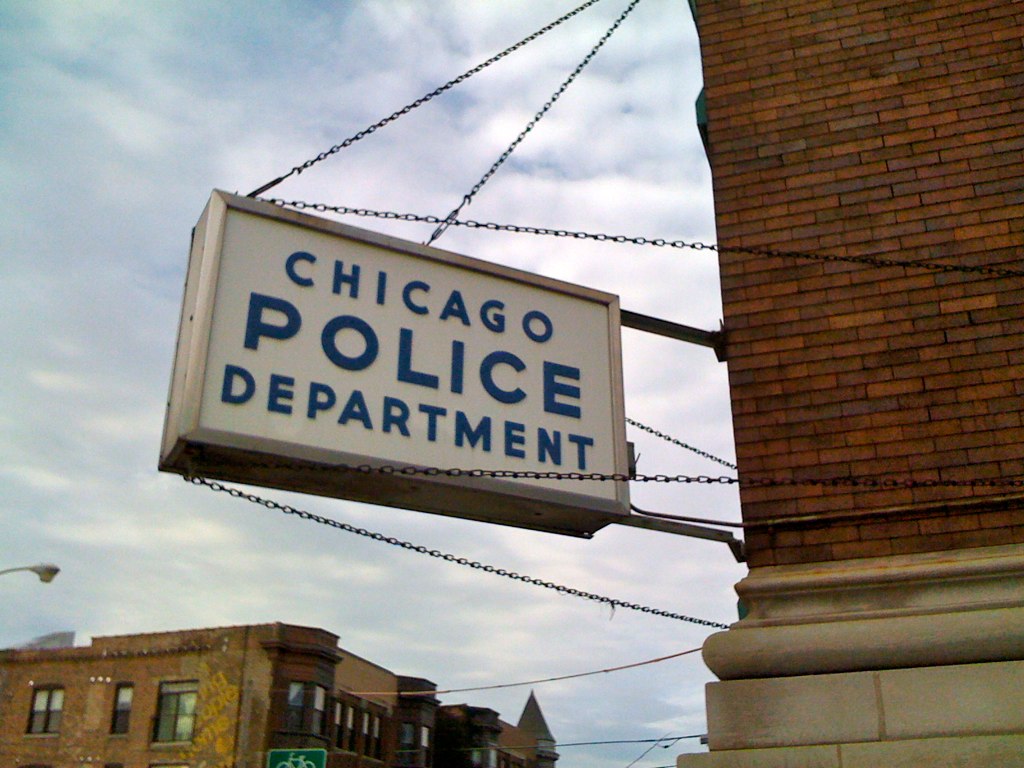Illinois Supreme Court says Chicago must preserve police disciplinary records

The Illinois Supreme Court ruled last week that part of a Chicago police union contract mandating the destruction of police disciplinary records more than five years old violates an “explicit, well-defined, and dominant public policy” favoring public access to government information in the state of Illinois.
The court’s 5-1 decision brought an end to a decades-long dispute between the city and the Chicago Fraternal Order of Police and marked an important win for transparency and police accountability.
“This ruling will help to ensure that Chicago police are accountable to the citizens they serve,” said Katie Townsend, legal director for the Reporters Committee for Freedom of the Press. “Preserving police disciplinary records for more than five years makes it possible for journalists, researchers and other members of the public to analyze and report on issues critical to the people of Chicago.”
Since 1981, the Chicago police union’s Collective Bargaining Agreement with the city has required the city to destroy disciplinary and investigation records five years after their original filing. But the city has been trying to eliminate the requirement since the early 1990s.
In 2011, the provision, which has been criticized as a way for officers to escape responsibility, became the center of a legal dispute between the FOP and the city. After an arbitrator sided with the FOP, the city filed a petition with the Circuit Court of Cook County to invalidate the arbitrator’s findings, arguing that the arbitration award violated Illinois public policy. The court ruled in favor of the city in 2017.
After the police union appealed, a state appeals court affirmed the lower court ruling, concluding that Illinois statutes, including the state Freedom of Information Act, are grounded in public policy supporting the preservation of these records. The court rulings were also validated by an independent U.S. Justice Department investigation.
When the FOP appealed to the Illinois Supreme Court, the Reporters Committee filed a friend-of-the-court brief with 19 news media organizations, urging the court to affirm the appellate court’s decision.
The records-destruction provision “is fundamentally at odds with Illinois’ well-established policy of government transparency, which is necessary to ensure government accountability to the public,” the Reporters Committee argued in the brief. “[E]nforcement of the CBA would hinder public understanding about police discipline and accountability, currently and historically, stifling informed public discourse about issues relating to law enforcement in Chicago.”
The Reporters Committee regularly files friend-of-the-court briefs and its attorneys represent journalists and news organizations pro bono in court cases that involve First Amendment freedoms, the newsgathering rights of journalists and access to public information. Stay up-to-date on our work by signing up for our monthly newsletter and following us on Twitter or Instagram.
Photo by Alyson Hurt